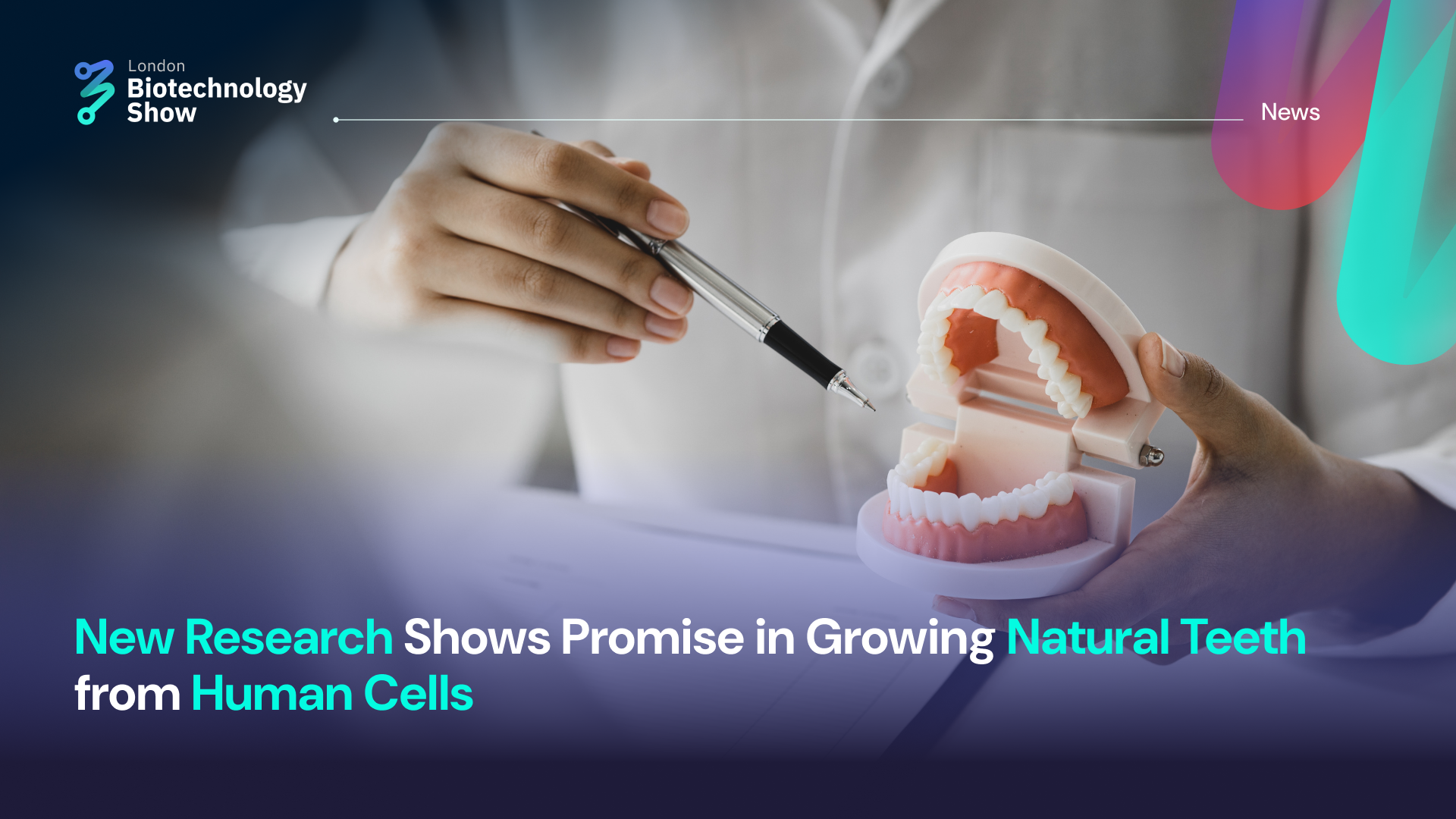London, 14 April 2025: Scientists at King’s College London have successfully developed human teeth in the lab using cells derived from patients, potentially enabling adults to regrow lost teeth naturally. Unlike traditional methods like fillings or implants, these bioengineered teeth are intended to integrate with the jaw and regenerate over time, offering a long-lasting, natural solution inspired by animals such as sharks and elephants that can replace their teeth throughout life.
In the Press Release of King’s College London, Xuechen Zhang, from the Faculty of Dentistry, Oral & Craniofacial Sciences, King’s College London, said: “Fillings aren’t the best solution for repairing teeth. Over time, they will weaken tooth structure, have a limited lifespan, and can lead to further decay or sensitivity. Implants require invasive surgery and a good combination of implants and alveolar bone. Both solutions are artificial and don’t fully restore natural tooth function, potentially leading to long-term complications."In a recent study, researchers from King’s College London and Imperial College London developed a specialized material that enables cell-to-cell communication, triggering tooth formation. This breakthrough replicates natural tooth development, allowing teeth to be grown in the lab.
In the Press Release, Xuechen said: “We developed this material in collaboration with Imperial College to replicate the environment around the cells in the body, known as the matrix. This meant that when we introduced the cultured cells, they were able to send signals to each other to start the tooth formation process”.Previous attempts failed due to signal overload, but the new material releases signals gradually, replicating natural tooth development. The next challenge is successfully implanting these lab-grown teeth into patients.
In the Same Press Release, Xuechen added: “We have different ideas to put the teeth inside the mouth. We could transplant the young tooth cells at the location of the missing tooth and let them grow inside the mouth. Alternatively, we could create the whole tooth in the lab before placing it in the patient’s mouth. For both options, we need to start the very early tooth development process in the lab.”
This study contributes to the growing field of regenerative medicine, which focuses on using biological processes to restore or replace damaged tissues and organs. Rather than depending on synthetic solutions like metal implants or dentures, scientists are exploring ways to develop natural alternatives by leveraging stem cells and specially engineered biological environments.
Lead author of the study, Dr Ana Angelova Volponi from King’s College London, stated: “As the field progresses, the integration of such innovative techniques holds the potential to revolutionise dental care, offering sustainable and effective solutions for tooth repair and regeneration”.
The research at King’s College London’s Faculty of Dentistry showcases pioneering efforts to advance oral health through innovative scientific discovery. This breakthrough paves the way for natural tooth regeneration, offering a lasting, biologically compatible alternative to traditional dental treatments.
New Research Shows Promise in Growing Natural Teeth from Human Cells

